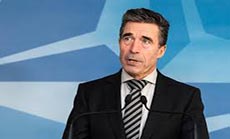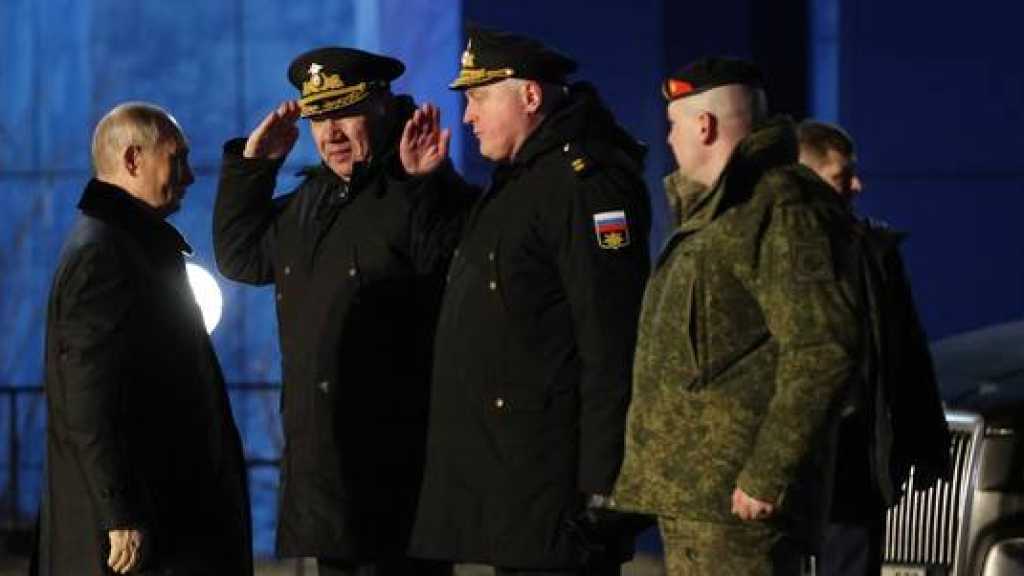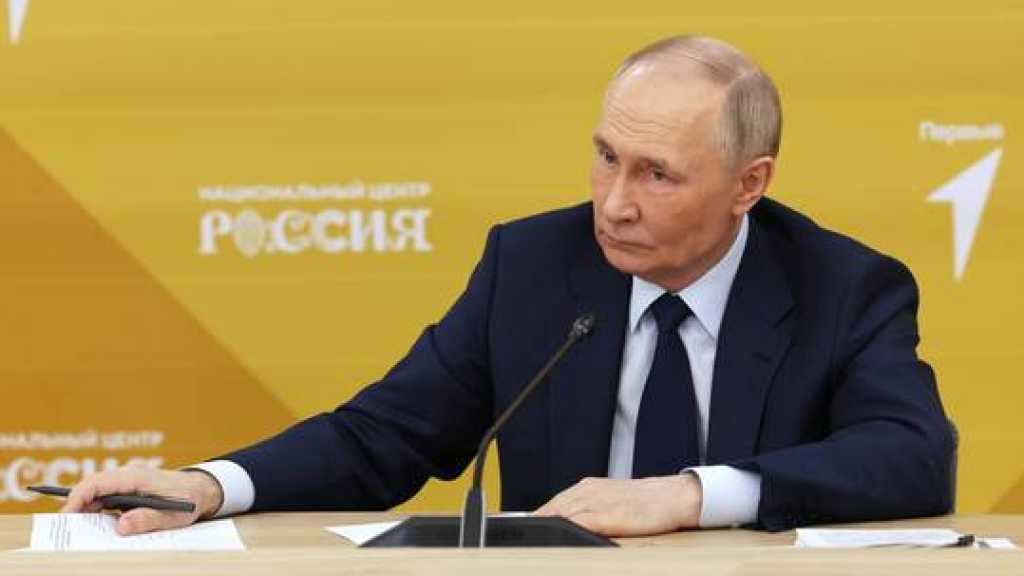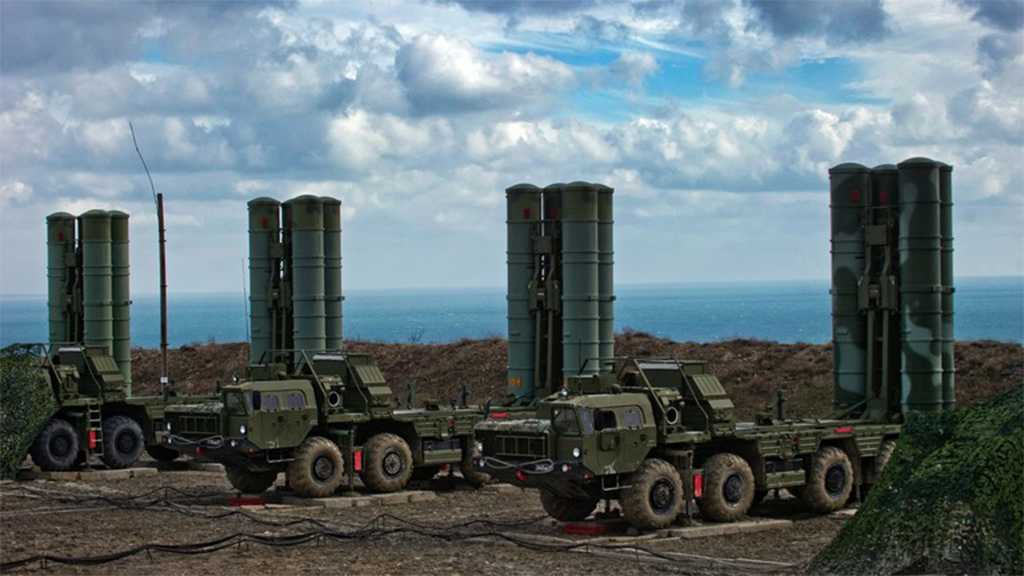NATO Suspends Civilian, Military Cooperation with Russia

Local Editor
NATO announced that it is suspending all military and civilian cooperation with Russia over the Ukrainian crisis, the bloc said in a joint statement.

The alliance plans to review its relations with Russia at a meeting in June.
The decision could affect cooperation on Afghanistan in areas such as training counter-narcotics personnel, maintenance of Afghan air force helicopters, and a transit route out of the war-torn country. Other projects around fighting terrorism, drug trafficking, and dealing with the disarmament and non-proliferation of weapons of mass destruction could also be impacted.
Despite the harsh public statement, NATO Secretary General Anders Fogh Rasmussen backtracked when speaking to reporters after the ministerial meeting on Tuesday, apparently muddying the message the alliance wants to send. Rasmussen said that NATO expects Russia to continue working with the alliance on the important issues.
"I would expect the counter-narcotics projects to continue, I would also expect the Afghanistan-related cooperation projects to continue, the transit arrangements, as well as helicopter projects also because we have a joint interest in ensuring success on our mission in Afghanistan," Rasmussen said.
NATO foreign ministers also urged Moscow in "to take immediate steps ... to return to compliance with international law."
The bloc said that it was stepping up its cooperation with Ukraine, promoting defense reforms and increasing the activity of a liaison office in Kiev.
The goal will be to modernize Ukraine's armed forces, including through Ukraine's involvement in more of NATO's military exercises, according to Rasmussen. As of now, the efforts to modernize will come short of sending weapons to Ukraine.
Ukraine provided NATO members with a list of "technical equipment" it required for the nation's armed forces, which did not include weaponry, Ukraine's Foreign Minister Andrey Deshchitsya told a news conference after meeting with NATO ministers.
The bloc called on Moscow to reduce its troop number in Crimea to pre-crisis levels, withdraw them to their bases and taper military activities along its border with Ukraine.
Ministers ordered military planners to "develop as a matter of urgency a series of additional measures to reinforce NATO's collective defenses", a NATO official told Reuters. This might include sending troops and equipment to NATO allies in Eastern Europe, holding more exercises, taking steps to ensure NATO's rapid reaction force could deploy more quickly, and a review of NATO's military plans.
Military planners will come back with detailed proposals within weeks, the alliance official said.
The Republic of Crimea declared its independence from Ukraine following the March-16 referendum, in which 96.77 percent of the voters chose to rejoin Russia. Despite calls to boycott the vote and provocation attempts, 83.1 percent of Crimeans took part in the poll.
Responding to such remarks, the Russian government reminded that pushing for NATO integration in Ukraine during Viktor Yushchenko's presidency had in the past led only to a "widening of the split in Ukrainian society, the majority of which anything but supports the idea of Ukraine entering the NATO military block."
Source: News Agencies, Edited by website team
Comments

Putin Envoy to Visit Washington
2 months ago
Putin: Russia to Finish Off Ukrainian Forces
3 months ago

